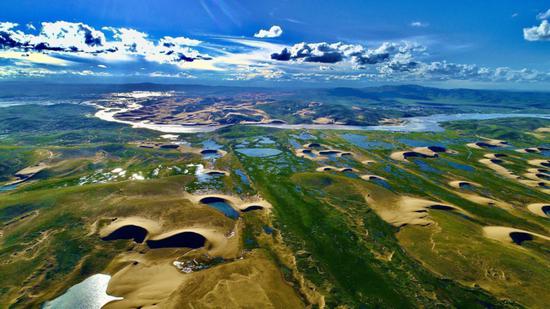
An aerial photo of Sanjiangyuan National Park in Northwest China's Qinghai province. (Photo provided to China Daily)
Ecological conservation is the primary consideration and the main driving force for high-quality development in Qinghai province, senior provincial officials said on Friday.
"Dubbed 'China's water tower', Qinghai is home to the Sanjiangyuan area, where the Yangtze, Yellow and Lancang rivers originate. The province is rich in resources and of strategic significance," said Wu Xiaojun, governor of the province, at a news conference held by the State Council Information Office in Beijing on Friday.
The province will continue to uphold its paramount value, responsibility and potential that all revolve around its ecology, and drive forward both ecological conservation and high-quality development, Wu said.
Featuring high biodiversity, the province has implemented a series of measures, such as establishing national parks, to bolster wildlife protection and ecological restoration efforts, he added.
The province has seen a surge in animal populations, with the nationally protected Tibetan antelope population rising from under 20,000 last century to over 70,000 now, and the nationally protected snow leopard population now exceeding 1,200. At Qinghai Lake, the number of naked carp, a species native to China under second-level State protection, has soared by 48-fold to exceed 120,000 metric tons over the past two decades, Wu added.
The governor said that grassland vegetation now covers 58.12 percent of the province, with ongoing reductions in desertification and land degradation. Water quality at boundary sections of the Yangtze, Yellow and Lancang rivers has consistently remained at the second-highest level or above in the five-tier system.
Liu Tao, vice-governor of Qinghai, pointed to sightings of bharal, also known as blue sheep — timid mammals who peacefully graze in the mountains and are unafraid of human presence — as a demonstration of the improved local ecological environment and the successful coexistence between humans and nature.
"Herders in Qinghai have shifted from being ecosystem beneficiaries to its guardians, from consumers to producers within the ecosystem," Liu said, adding that the province has involved herders in ecological protection by implementing measures such as establishing ranger positions, distributing ecological compensation and conducting proper grazing planning for sustainable development.
In pursuit of sustainable and high-quality development, the province emphasizes scientific transformation of its ecology and economy through "vigorously advancing the industrialization of ecology and the ecologicalization of industry", said Wu, the governor.
He cited the scene of "photovoltaic sheep" in Qinghai, which led to a 30-percent reduction in water evaporation and a transformation of a once barren landscape into an oasis suitable for sheep grazing. The change is made possible by the laying of photovoltaic panels, demonstrating the tripartite benefits of ecological conservation, clean energy production and increased incomes of local residents.
Having the nation's second-highest annual sunshine and the fourth-largest wind farm acreage, Qinghai's total installed capacity of clean energy exceeded 51 million kilowatts last year, making up 93 percent of total installed capacity, a percentage ranking first nationwide. The national inaugural green electricity channel was established to supply green electricity to 15 provincial regions, Wu said.
Thanks to the plentiful clean energy resource, Wu said the province's electricity prices have remained the lowest in the country. In addition, the dry and cool climate enables natural cooling for computing centers for 314 days annually, resulting in a 40 percent lower electricity consumption for cooling compared to the national average.
Wu said: "Qinghai is a 'natural good harbor' for the development of the green computing industry. It is estimated that investing in computing power in Qinghai can result in around 20 percent lower initial investment costs, and a 30 percent reduction in operating costs, and the investment payback period is two years shorter."
Abiding by the national guidance of channeling more computing resources from eastern areas to less-developed western regions, Qinghai has endeavored to build a green computing industrial base, introduced regional standards and preferential policies for the computing industry and forged cooperation agreements with Beijing, Guangdong's Shenzhen and Jiangsu's Nanjing.
"We will insist on high-level, environmentally friendly and intelligent development, pioneering a path of high-quality development distinctive to Qinghai," Wu said.










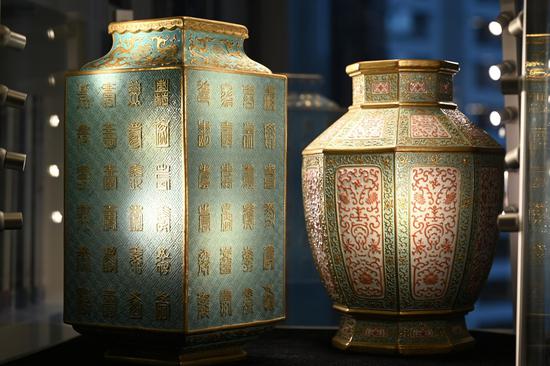
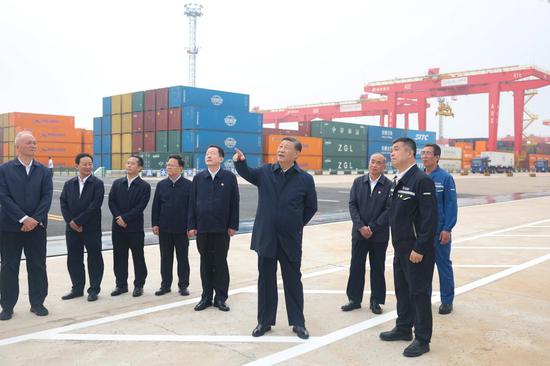
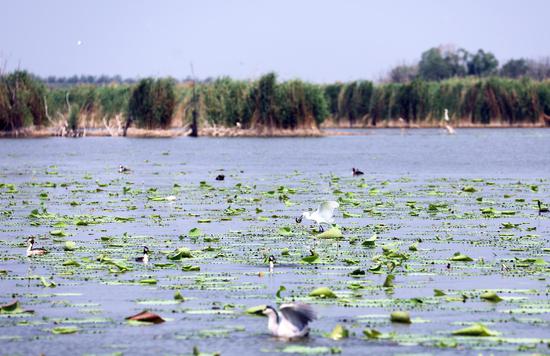
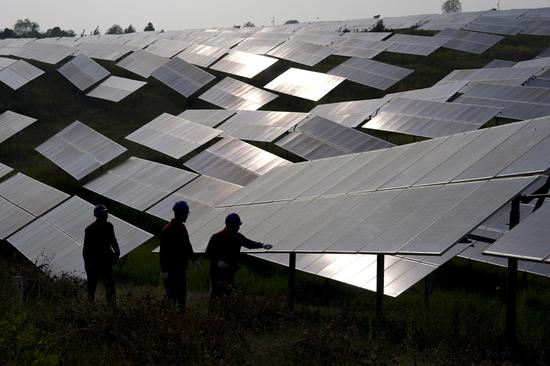

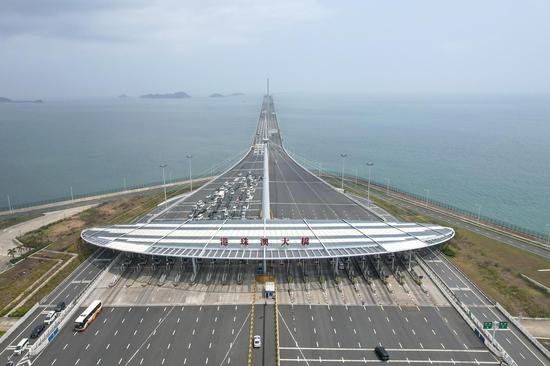
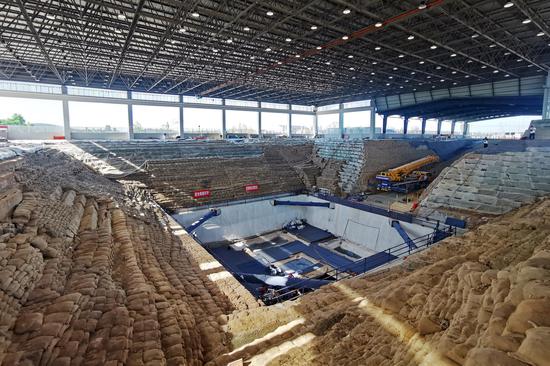


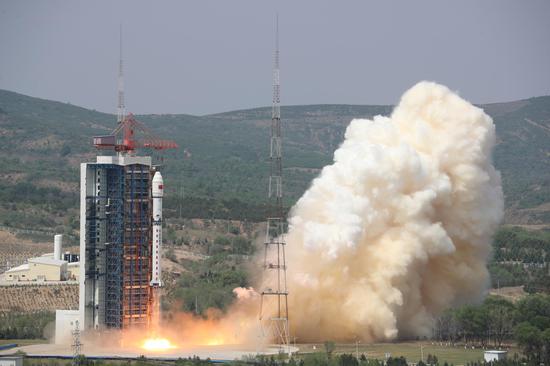


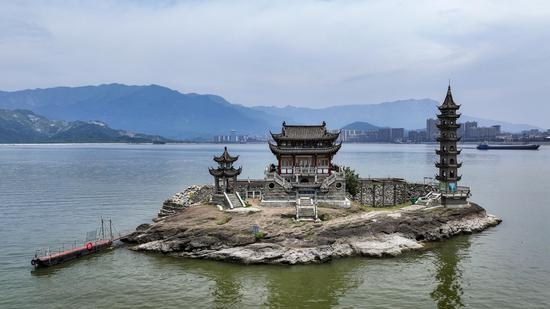



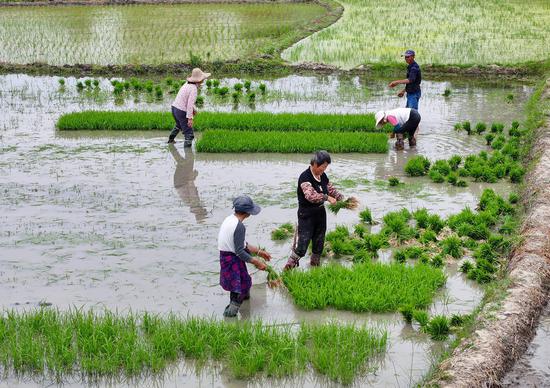


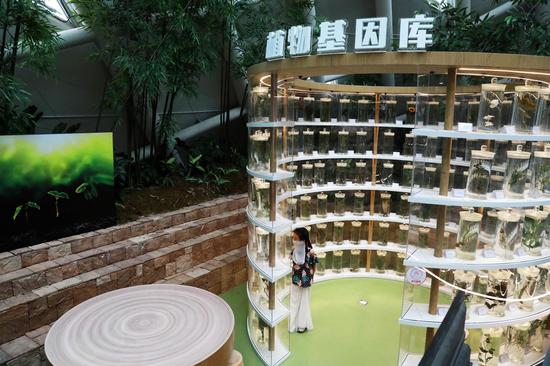
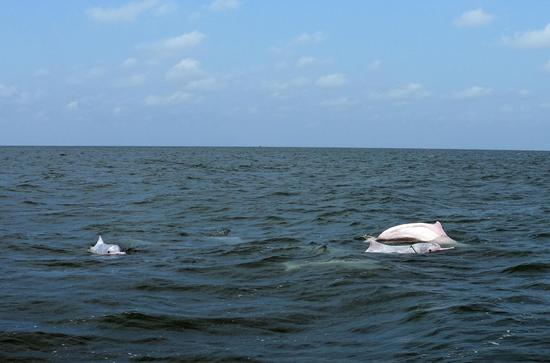

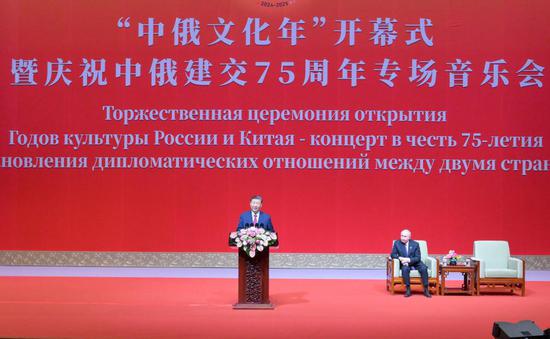
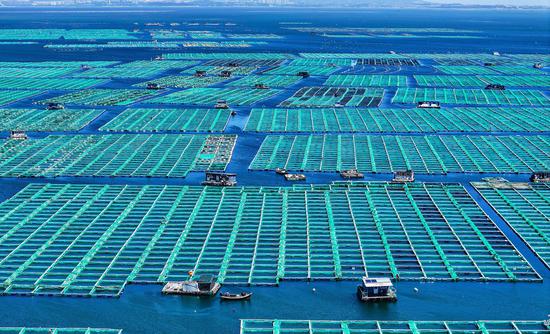



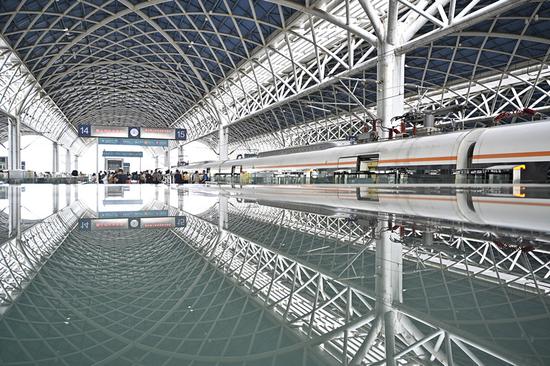




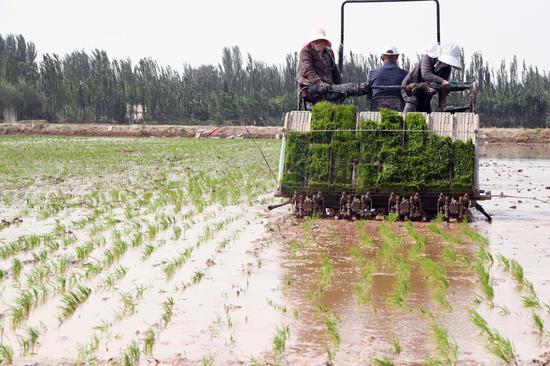
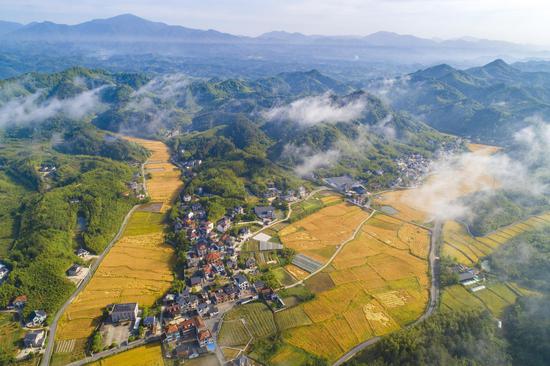






 京公網(wǎng)安備 11010202009201號(hào)
京公網(wǎng)安備 11010202009201號(hào)